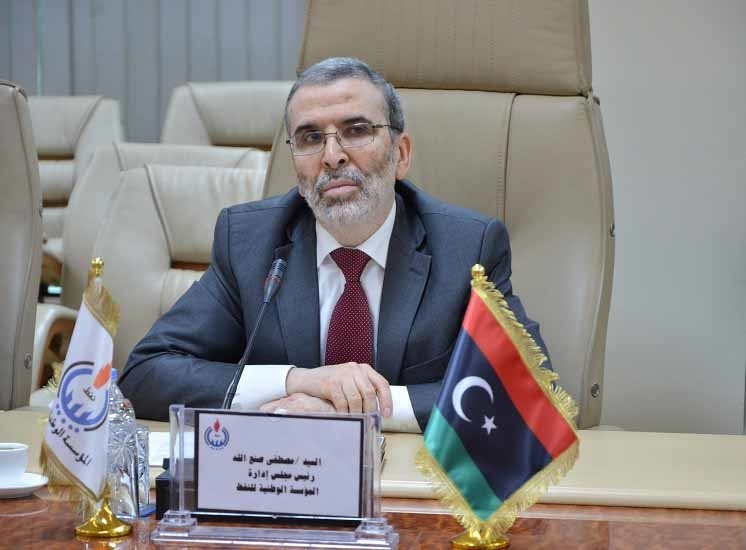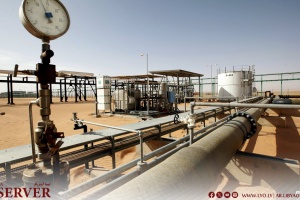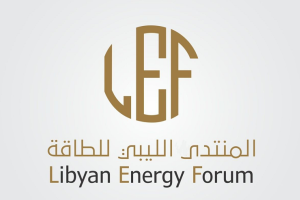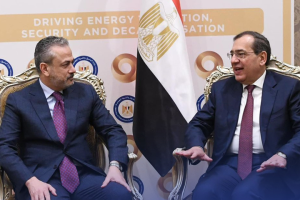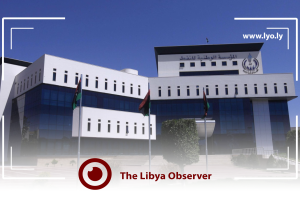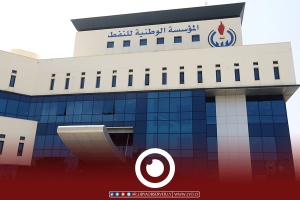The Chairman of the National Oil Corporation (NOC) Mustafa Sanallah has encouraged key political figures ahead of next Palermo Conference to put forth their support for economic transparency as the vital principle to future stability and a lasting political settlement in Libya.
The NOC chairman, according to the NOC’s website, held talks with with the Head of UNSMIL, Ghassan Salamé, Head of the Presidential Council, Fayez Al-Sarraj, Speaker of the House of Representatives, Aqila Saleh, and the Head of the High Council of State, Khaled Al-Mishri, stressing that NOC stands ready to work with all authorities after the conference to drive a new culture of transparency and fairness to the benefit of all Libyan people.
“Economic transparency needs to underpin Libya’s transition to democracy. Only transparency can guarantee the fair distribution of oil revenues and bring an end to the feelings of economic injustice that have fragmented Libya,” Sanallah explained.
He added that different parts of the country claim that they are denied their ‘fair share’ of the revenue which NOC generates, while those controlling the distribution of that wealth claim it is being dispersed fairly and in accordance with the law.
“Neither can prove their claims. And while this situation continues, conflict will continue,” he added.
Sanallah also said that it is important that the NOC is allowed to deliver on its mandate and protected from conflict, political quotas and disruption on the ground.
The NOC Chairman declared that individuals and groups that disrupt NOC operations should be publicly identified and excluded from the political process.
“I strongly believe that security and economic transparency are linked. We will not have one without the other. Without clear accountability, conflict will continue,” added Sanallah.
Sanallah also reiterated the need for future investments to be protected to enable further increased production and national oil revenues.
He additionally called on politicians, security forces, and the international community to commit to doing more to combat the national issue of fuel smuggling - including through subsidy reform.

